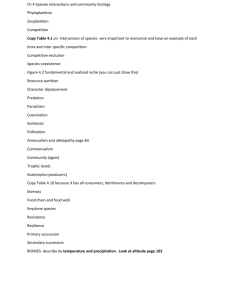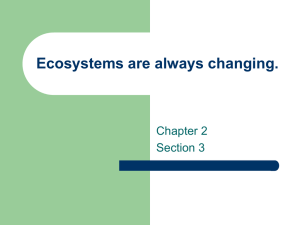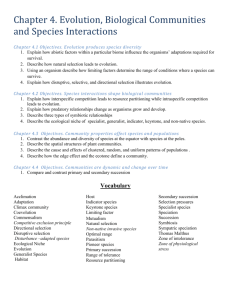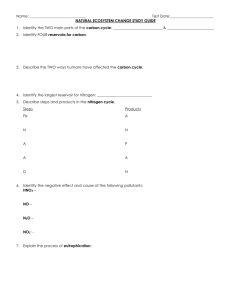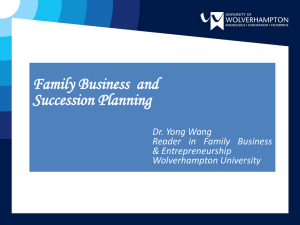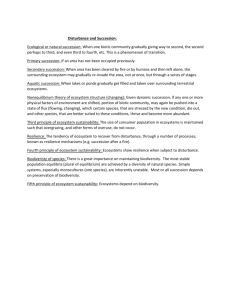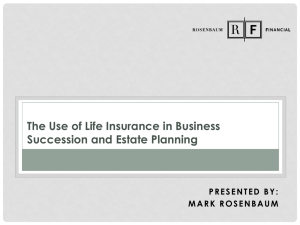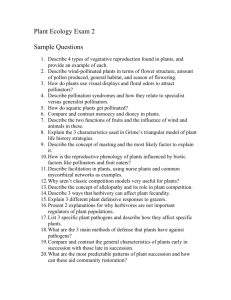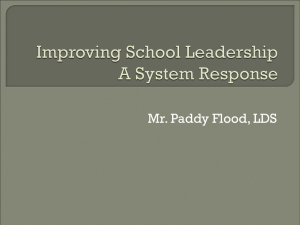BIO360 General Ecology - Cal State LA
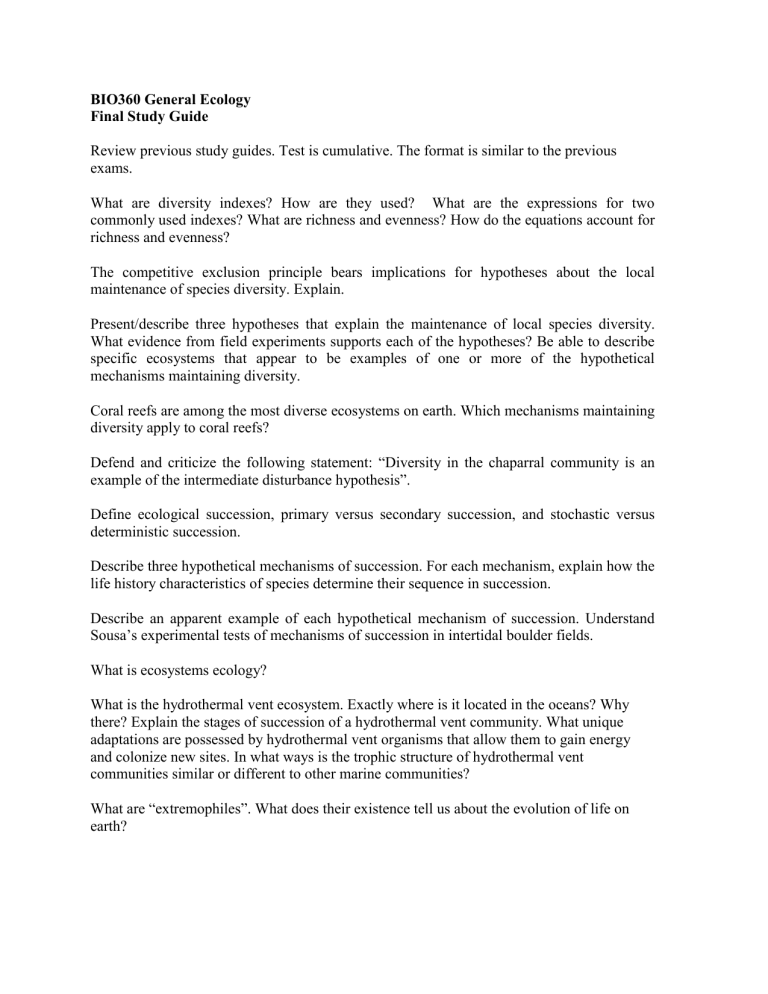
BIO360 General Ecology
Final Study Guide
Review previous study guides. Test is cumulative. The format is similar to the previous exams.
What are diversity indexes? How are they used? What are the expressions for two commonly used indexes? What are richness and evenness? How do the equations account for richness and evenness?
The competitive exclusion principle bears implications for hypotheses about the local maintenance of species diversity. Explain.
Present/describe three hypotheses that explain the maintenance of local species diversity.
What evidence from field experiments supports each of the hypotheses? Be able to describe specific ecosystems that appear to be examples of one or more of the hypothetical mechanisms maintaining diversity.
Coral reefs are among the most diverse ecosystems on earth. Which mechanisms maintaining diversity apply to coral reefs?
Defend and criticize the following statement: “Diversity in the chaparral community is an example of the intermediate disturbance hypothesis”.
Define ecological succession, primary versus secondary succession, and stochastic versus deterministic succession.
Describe three hypothetical mechanisms of succession. For each mechanism, explain how the life history characteristics of species determine their sequence in succession.
Describe an apparent example of each hypothetical mechanism of succession. Understand
Sousa’s experimental tests of mechanisms of succession in intertidal boulder fields.
What is ecosystems ecology?
What is the hydrothermal vent ecosystem. Exactly where is it located in the oceans? Why there? Explain the stages of succession of a hydrothermal vent community. What unique adaptations are possessed by hydrothermal vent organisms that allow them to gain energy and colonize new sites. In what ways is the trophic structure of hydrothermal vent communities similar or different to other marine communities?
What are “extremophiles”. What does their existence tell us about the evolution of life on earth?
Defend or criticize the following statement: “ Scientific theory is not merely statements of ecological rules based on direct experience with nature; it is also influenced by the social and intellectual context of the scientist”.
